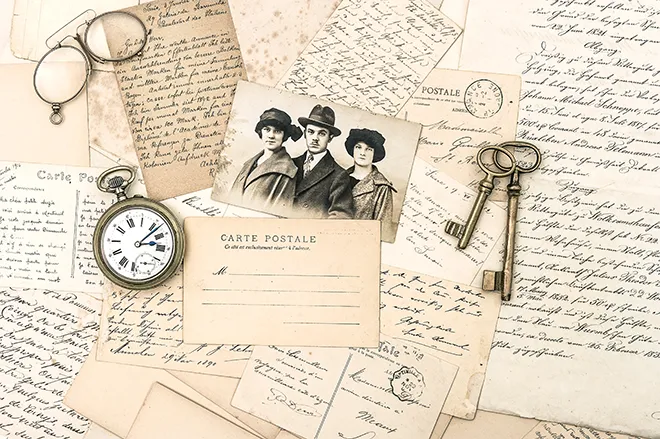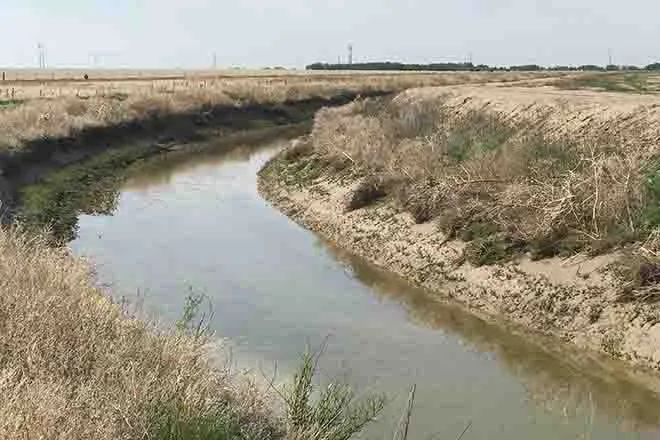
National Park Service to preserve painful history in Texas
Click play to listen to this article.
(Texas News Service) A schoolhouse in far West Texas has been designated as a unit of the U.S. National Park System.
The Blackwell School is a former de facto segregated school, built in 1909 and used until 1965 to educate Mexican and Mexican American children in Marfa. In 2006, the Marfa Independent School District planned to demolish the building but alumni of the school started a group to save the site and its memories.
Daniel Hernandez, president of the Blackwell School Alliance, said they fought to preserve history.

© iStock - gguy44
"It's just such a thrilling moment for the alliance and for the Marfa community," Hernandez explained. "I think also for so many of our alumni, this really is, I think, a moment that is really, really validating and tells a more complete history of American history, and ensure that these experiences are told in the way that they deserve to be."
The site consists of the original 1909 adobe schoolhouse and a smaller classroom built in 1927. The designation permanently protects the site and helps tell the story of Texas school districts creating segregated elementary schools for Mexican American children.
The school is open for tours on Saturdays and Sundays from noon until 4 p.m., and from 9 a.m. until noon on Mondays. Hernandez noted the hours will be extended thanks to financial support from the National Parks Board. His grandparents attended the Blackwell School and he stressed the project brought the community together.
"The museum that exists there, and all the artifacts and the repository of historical significance that exists there, is because of our alumni who donated their school records and their band twirler uniforms and their letterman jackets and photographs," Hernandez outlined.
The park was authorized by the Blackwell School National Historic Site Act, signed by President Joe Biden in 2022.
Hernandez noted the building contains photographs, memorabilia and interpretive panels featuring quotes and stories from students and teachers.
"The breadth and depth of the American experience is so wide and so vast and sometimes the history books don't always reflect those experiences," Hernandez contended. "The Blackwell School, for so many Mexican Americans, they finally have this place that now stands as a manifestation of grassroots work where history is going to be examined and interpreted."
















